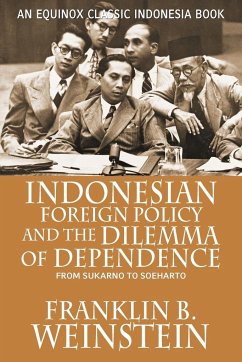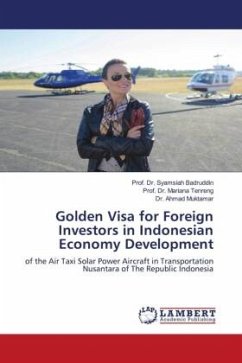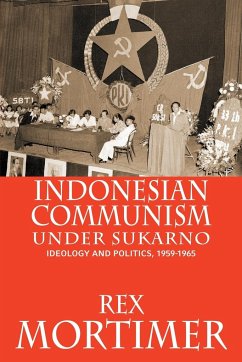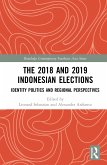How can an underdeveloped country like Indonesia draw on outside resources for its national development without sacrificing its independence? Approaching the problem from the vantage point of the Indonesian elite, this important work explores the complex interactions between domestic political factors and the shaping of foreign policy. To illustrate the ways in which underdevelopment has affected Indonesia's international participation, Professor Weinstein presents a graphic picture of what Indonesia's leaders see when they view the outside world, and he systematically seeks out the sources of their perceptions. He shows that most of the elite see the international system as dominated by exploitative powers that cannot be relied on to assist Indonesia's development. He examines the relationship between perceptions and politics under both Sukarno and Soeharto and offers an illuminating comparison of the bases of foreign policy under each leader, revealing dramatic changes and surprising continuities. His cogent analysis helps to explain the sharp reversal of policy in 1966, and his conclusions form a convincing hypothesis that can be tested in other Third World countries. This book, now brought back to life as a member of Equinox Publishing's Classic Indonesia series, will attract specialists in Southeast Asia, as well as readers with a broader interest in the politics and economics of underdeveloped countries. FRANKLIN B. WEINSTEIN was Director of the Project on United States-Japan Relations at Stanford University, where he also taught in the Department of Political Science. A graduate of Yale University, he received his PhD from Cornell University.
Hinweis: Dieser Artikel kann nur an eine deutsche Lieferadresse ausgeliefert werden.
Hinweis: Dieser Artikel kann nur an eine deutsche Lieferadresse ausgeliefert werden.








